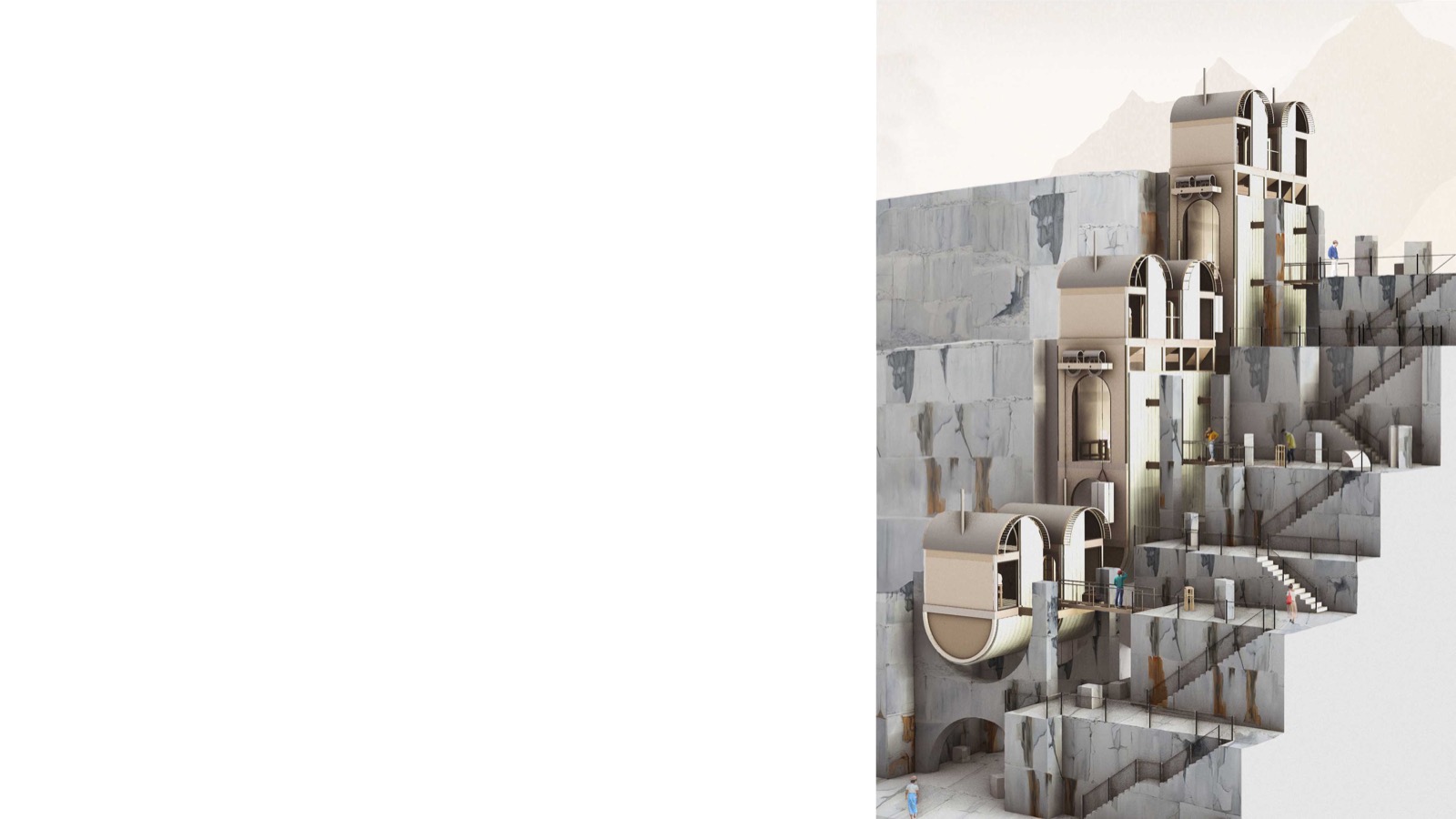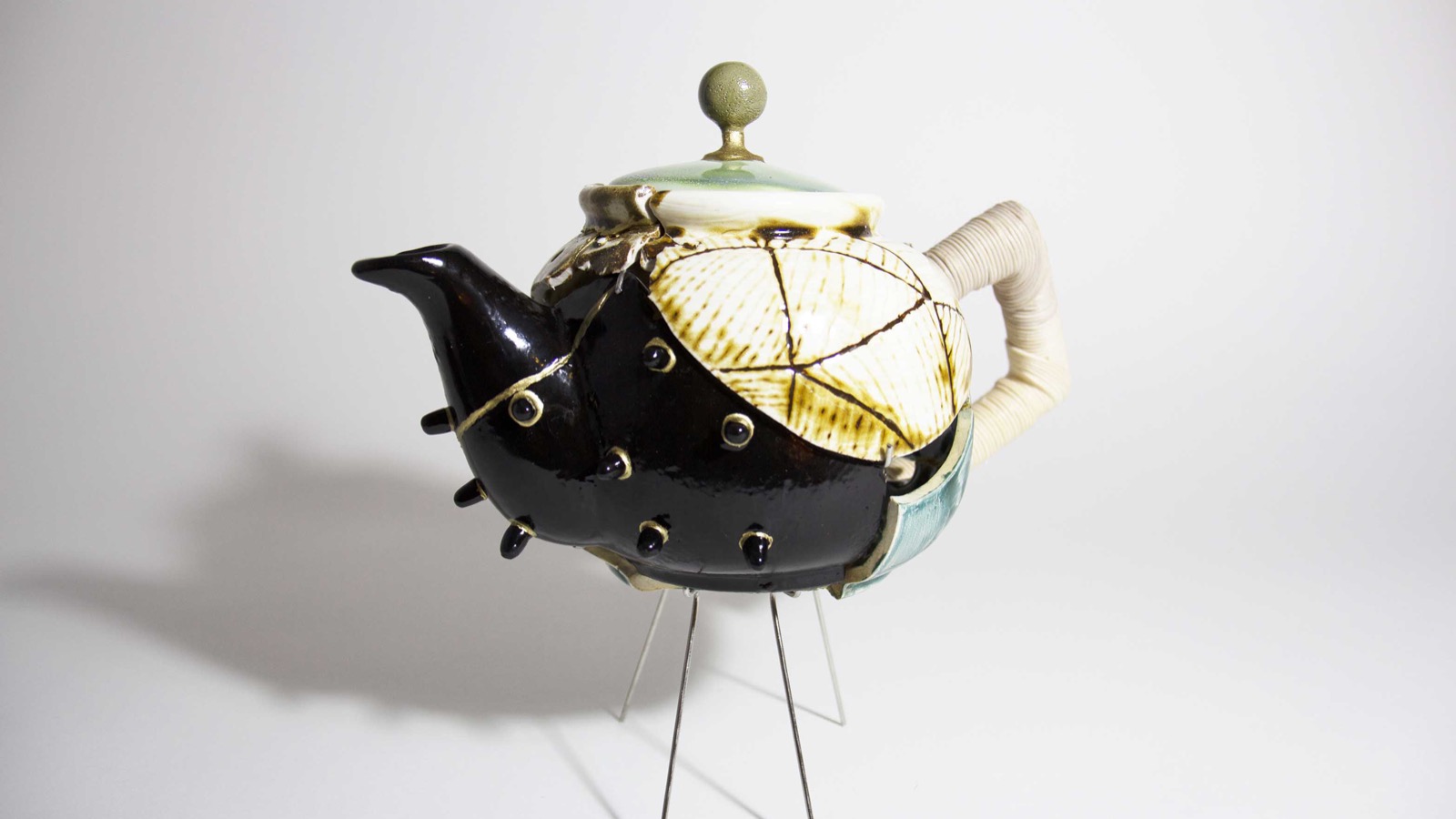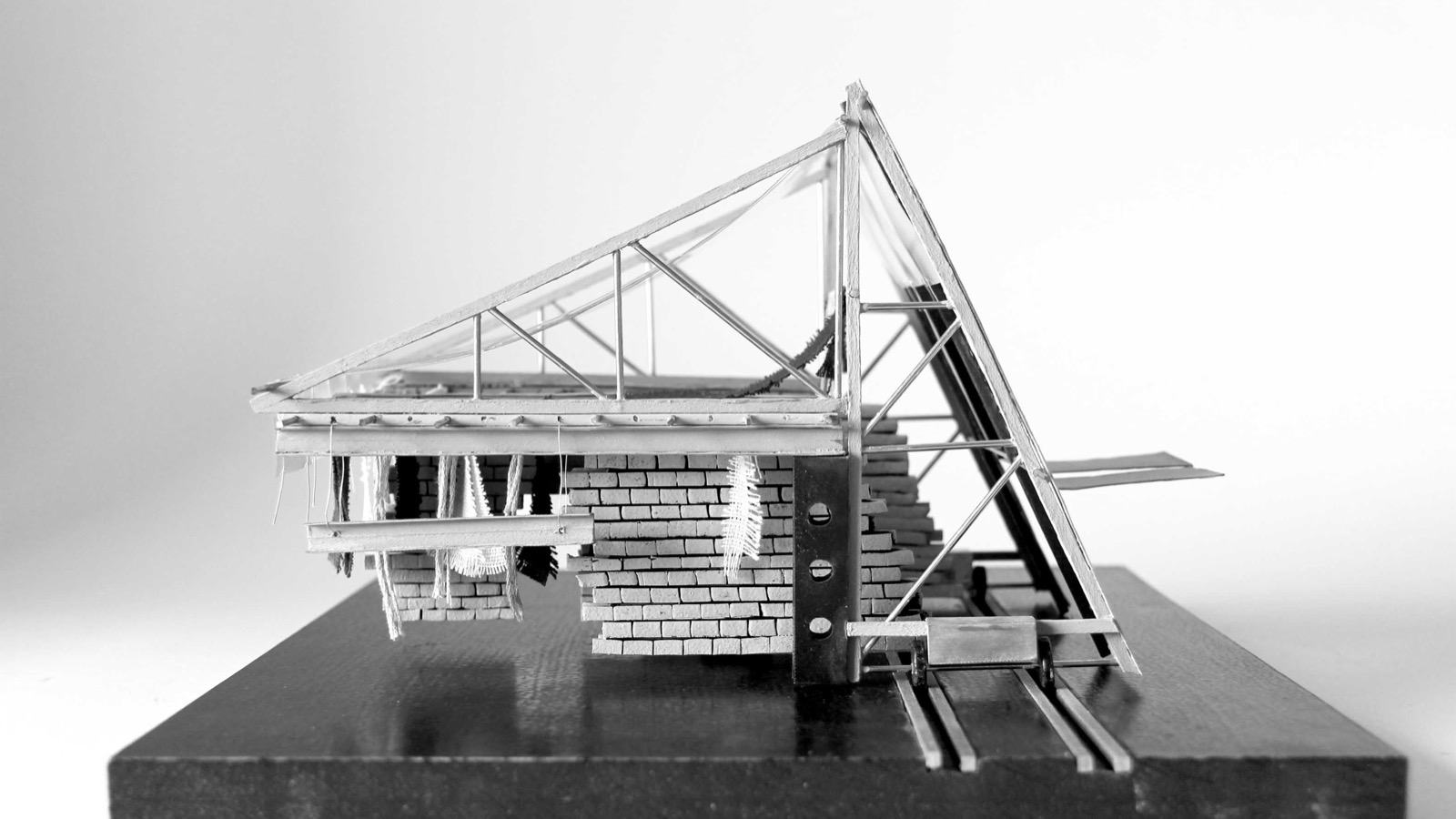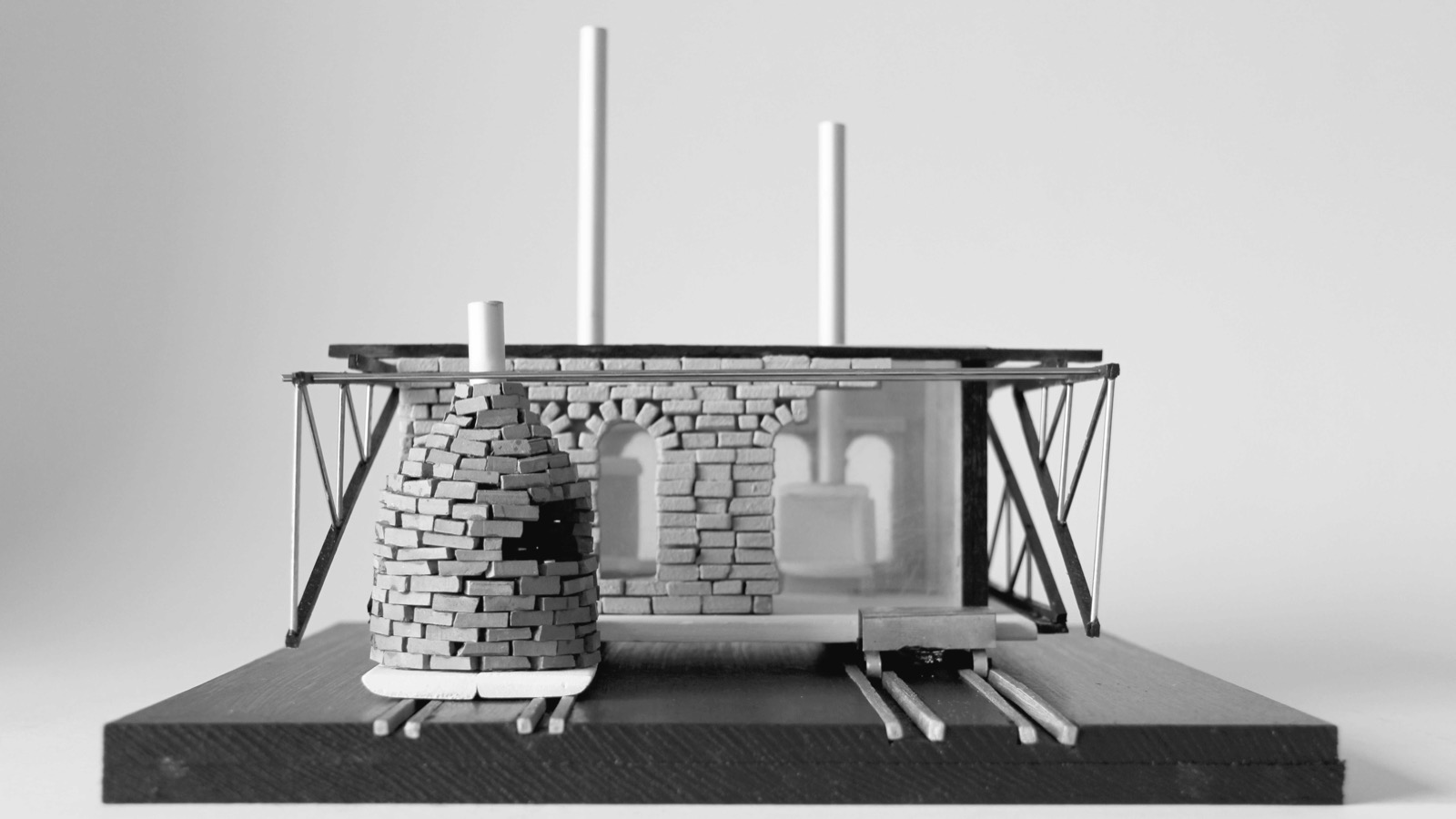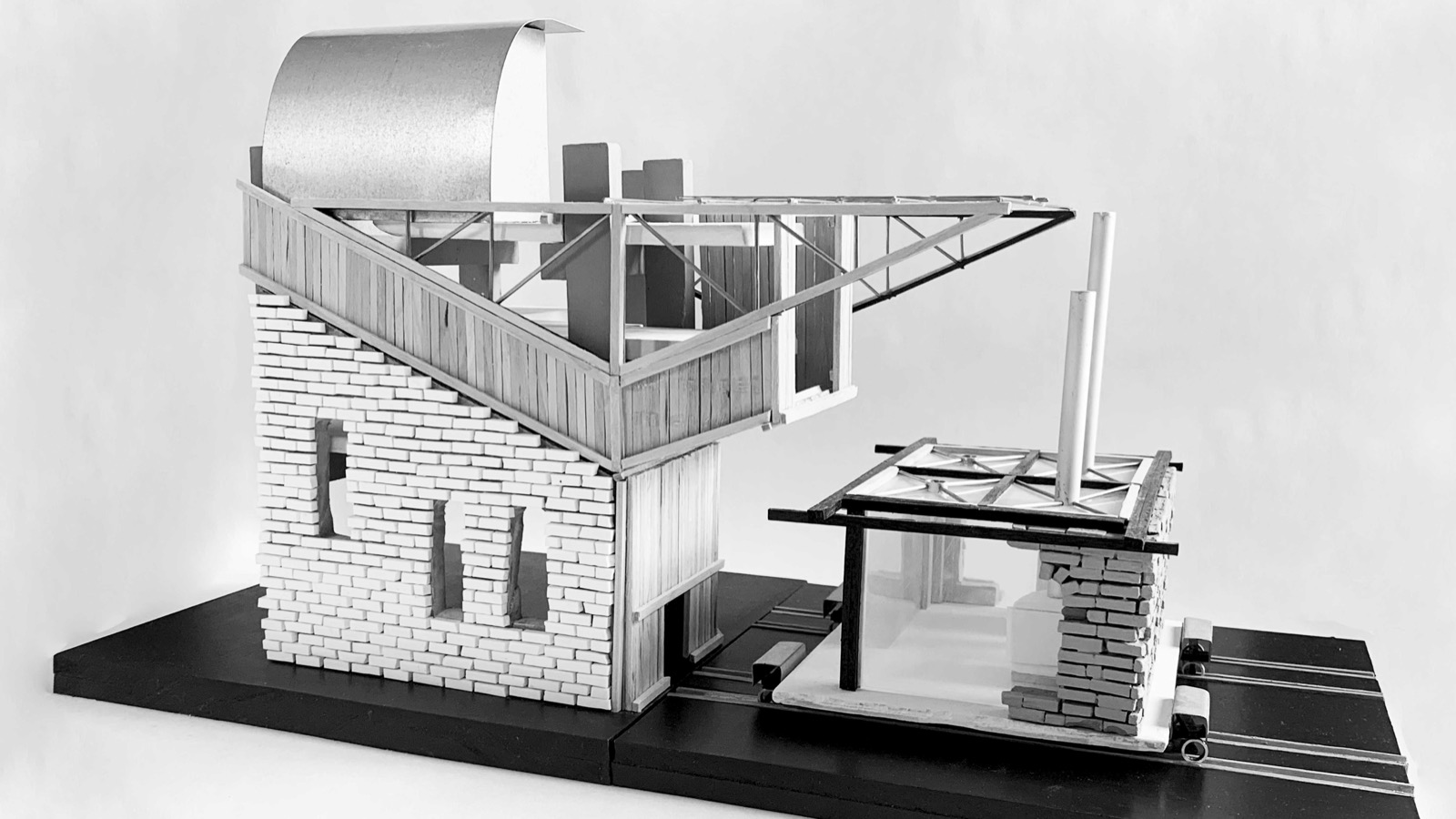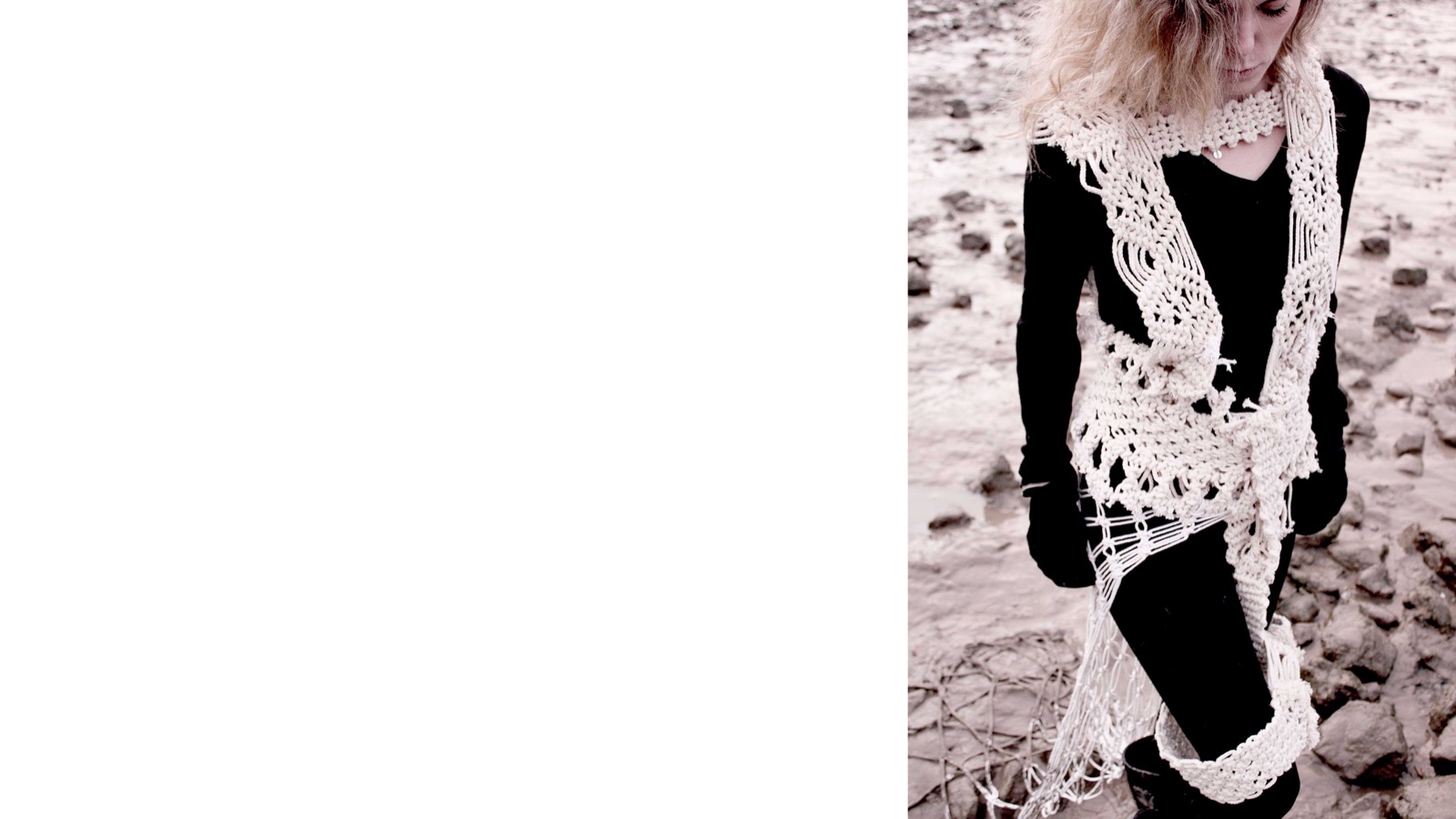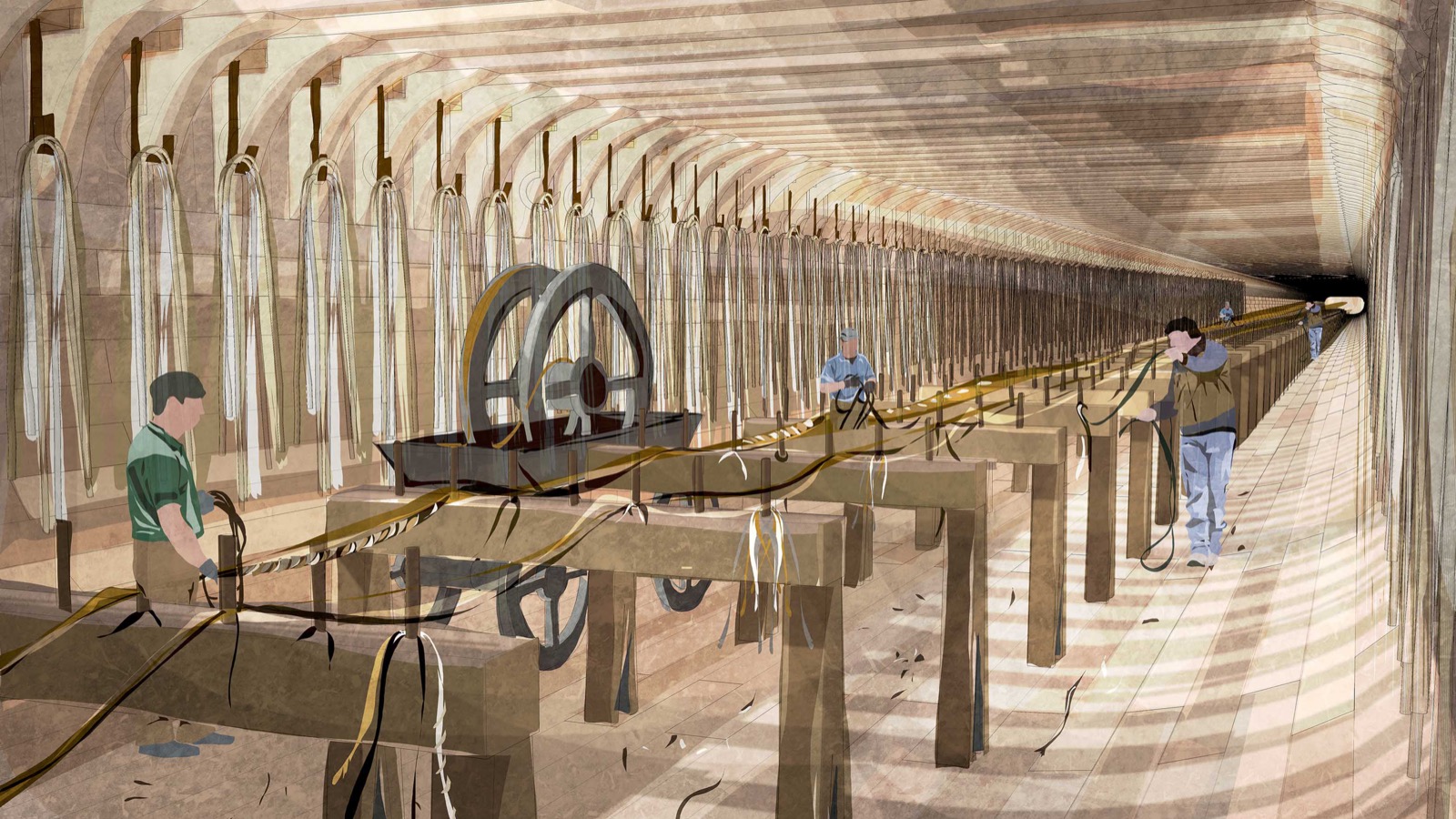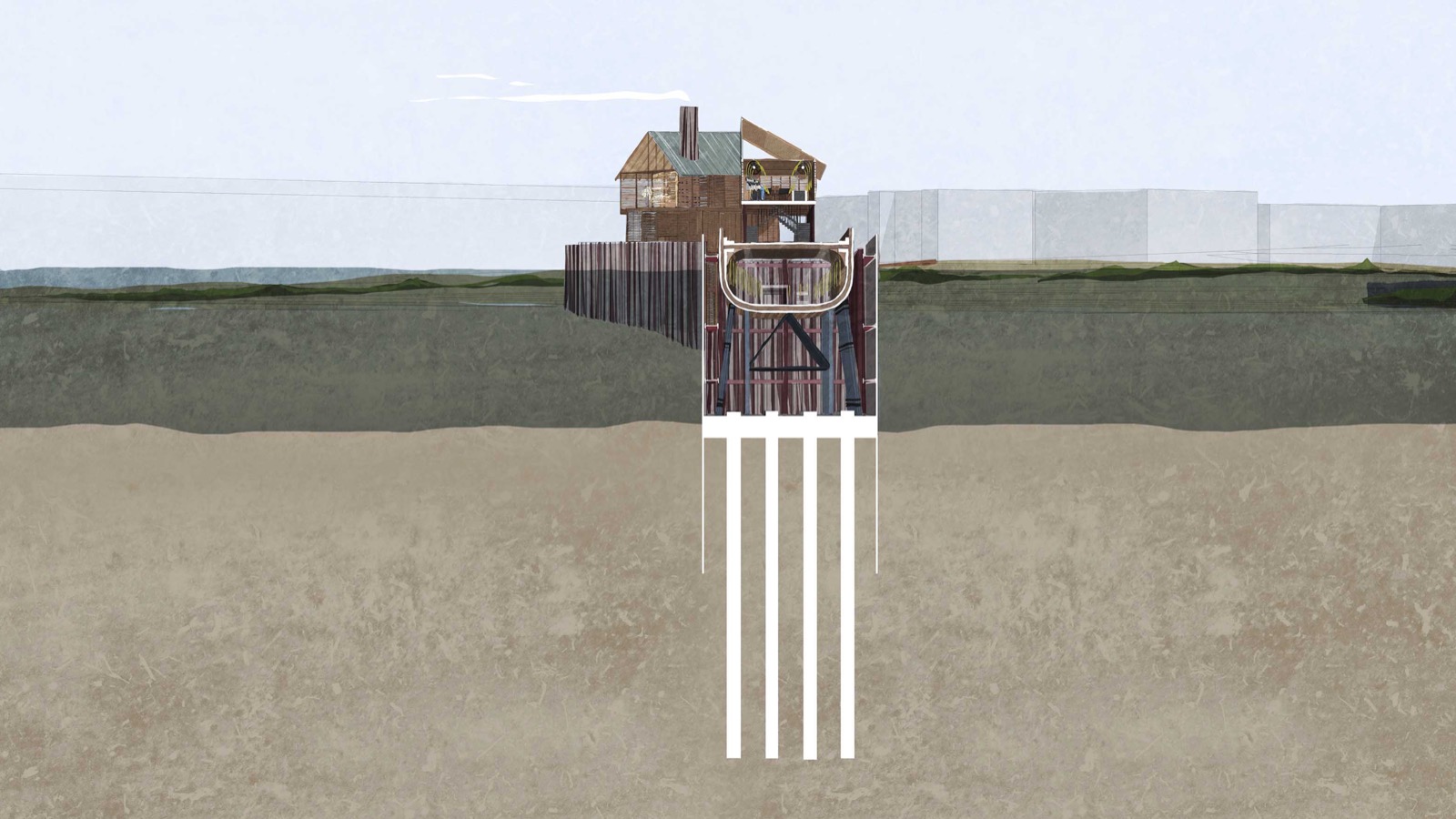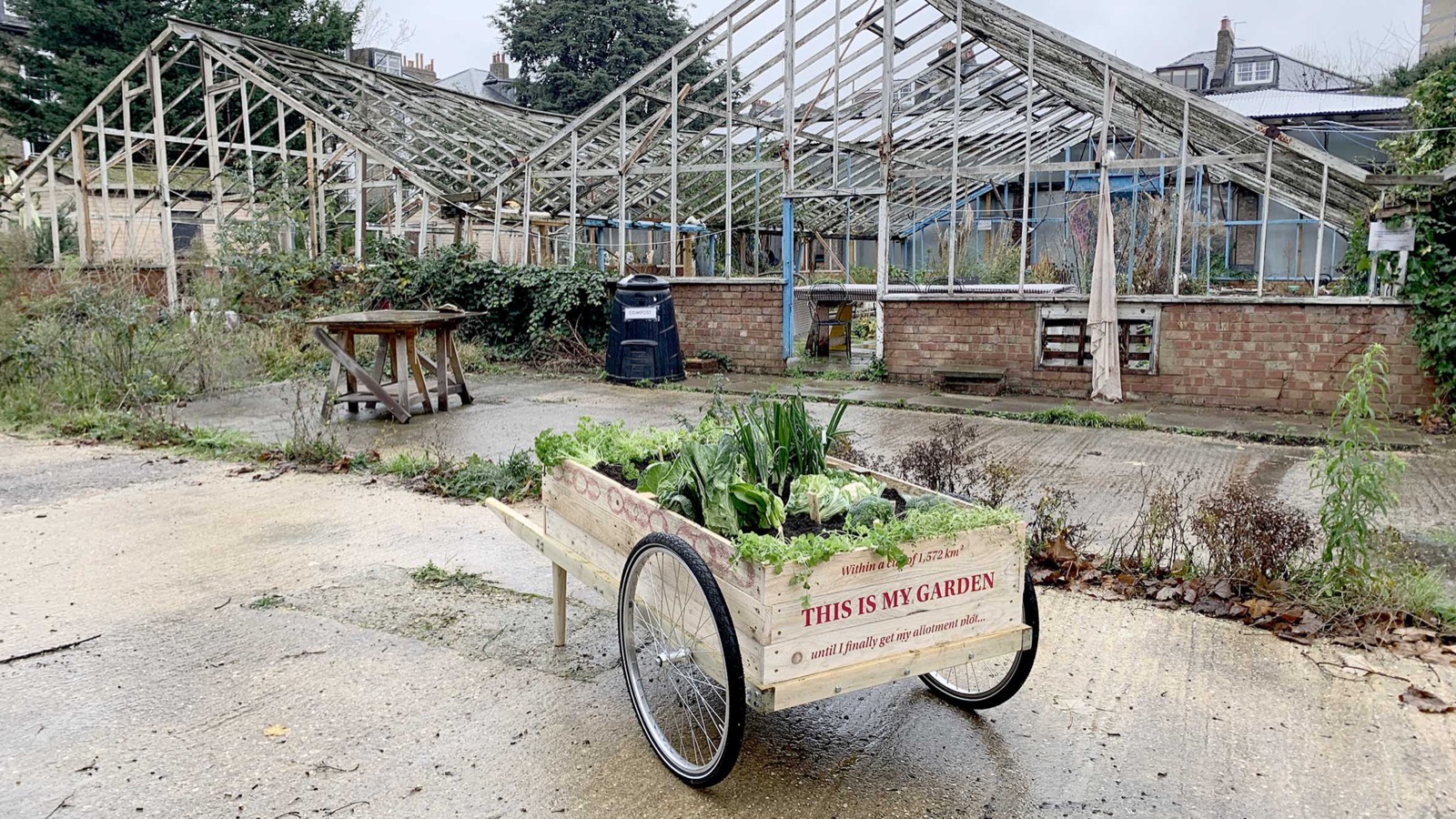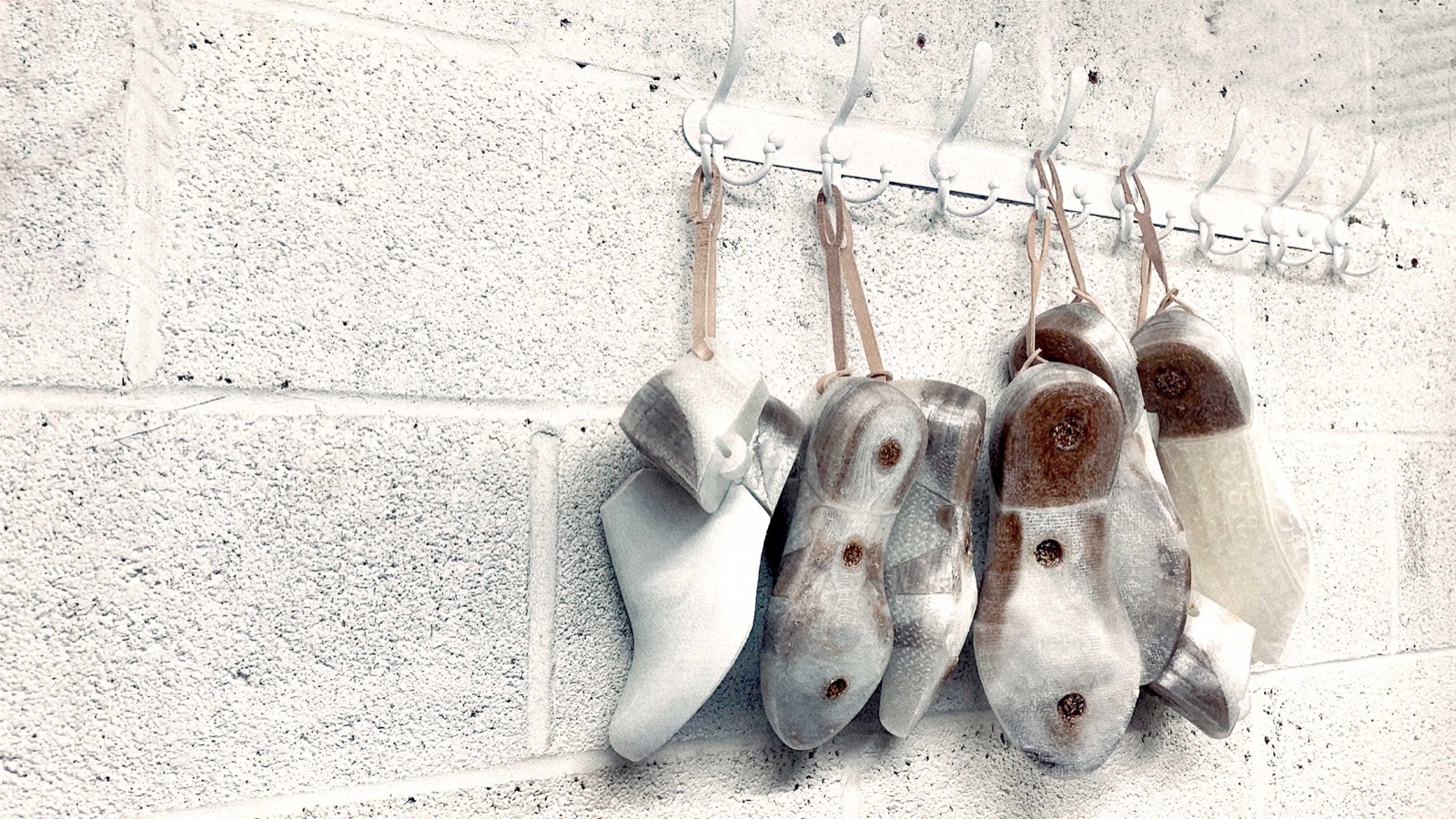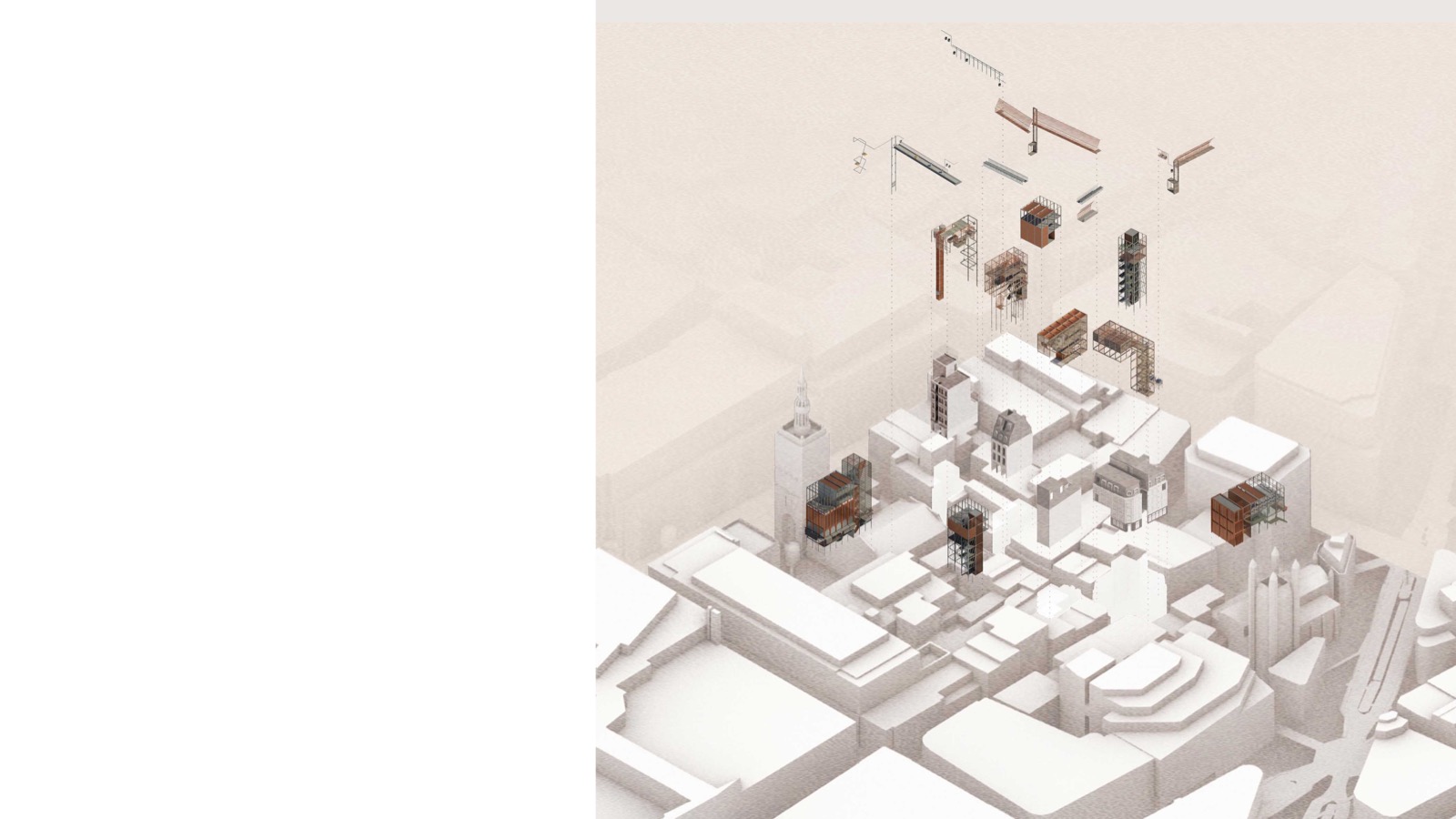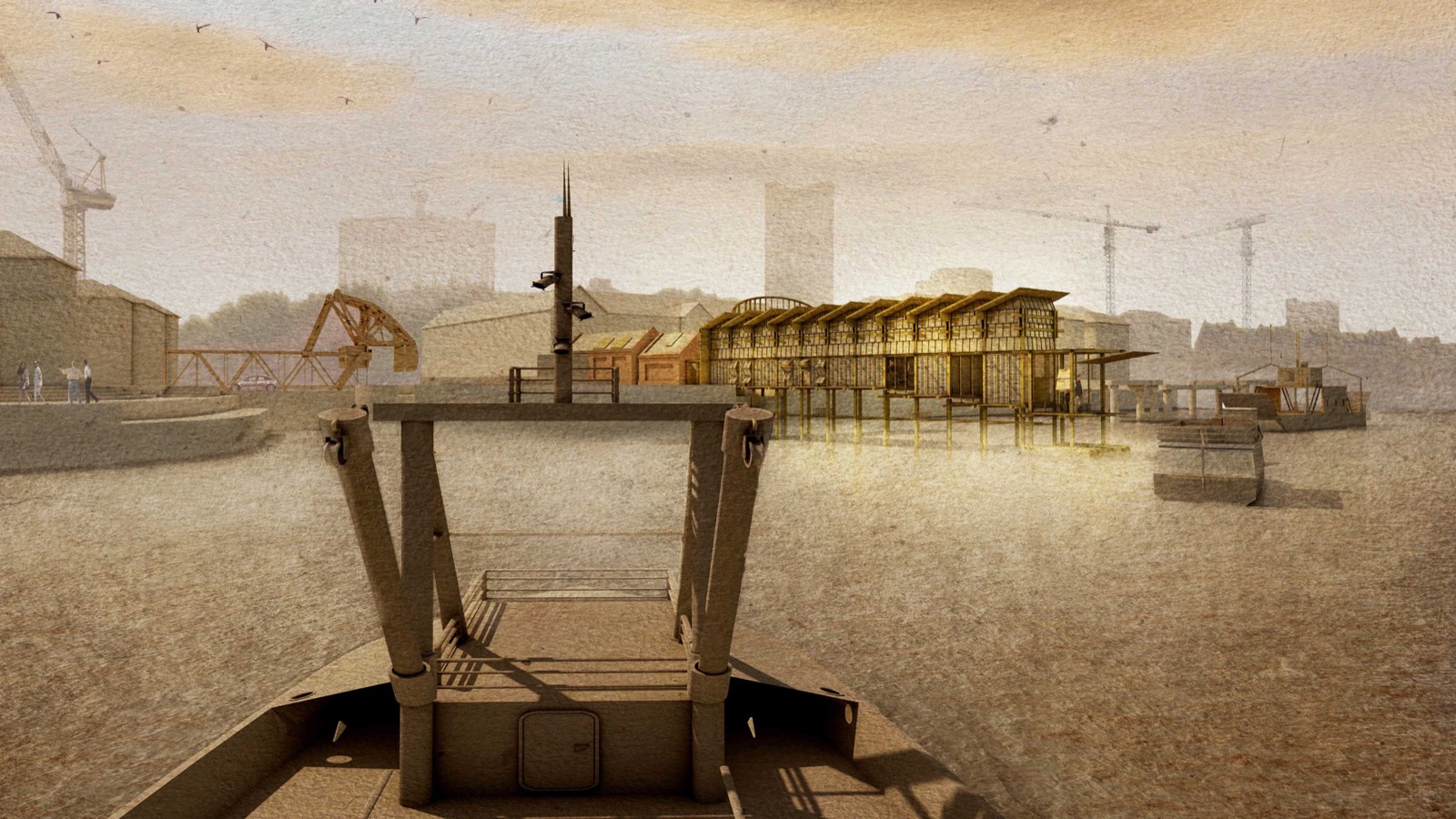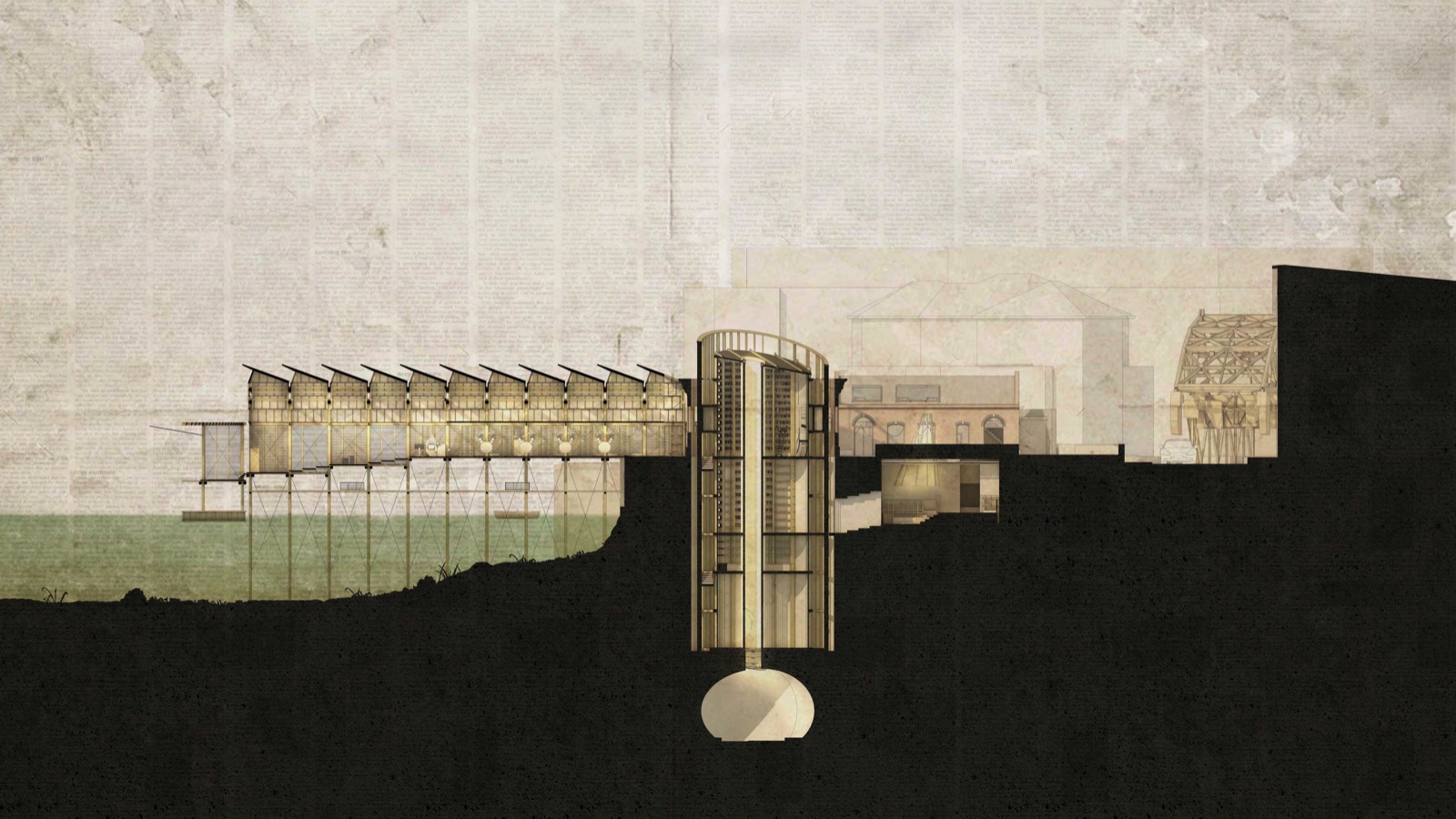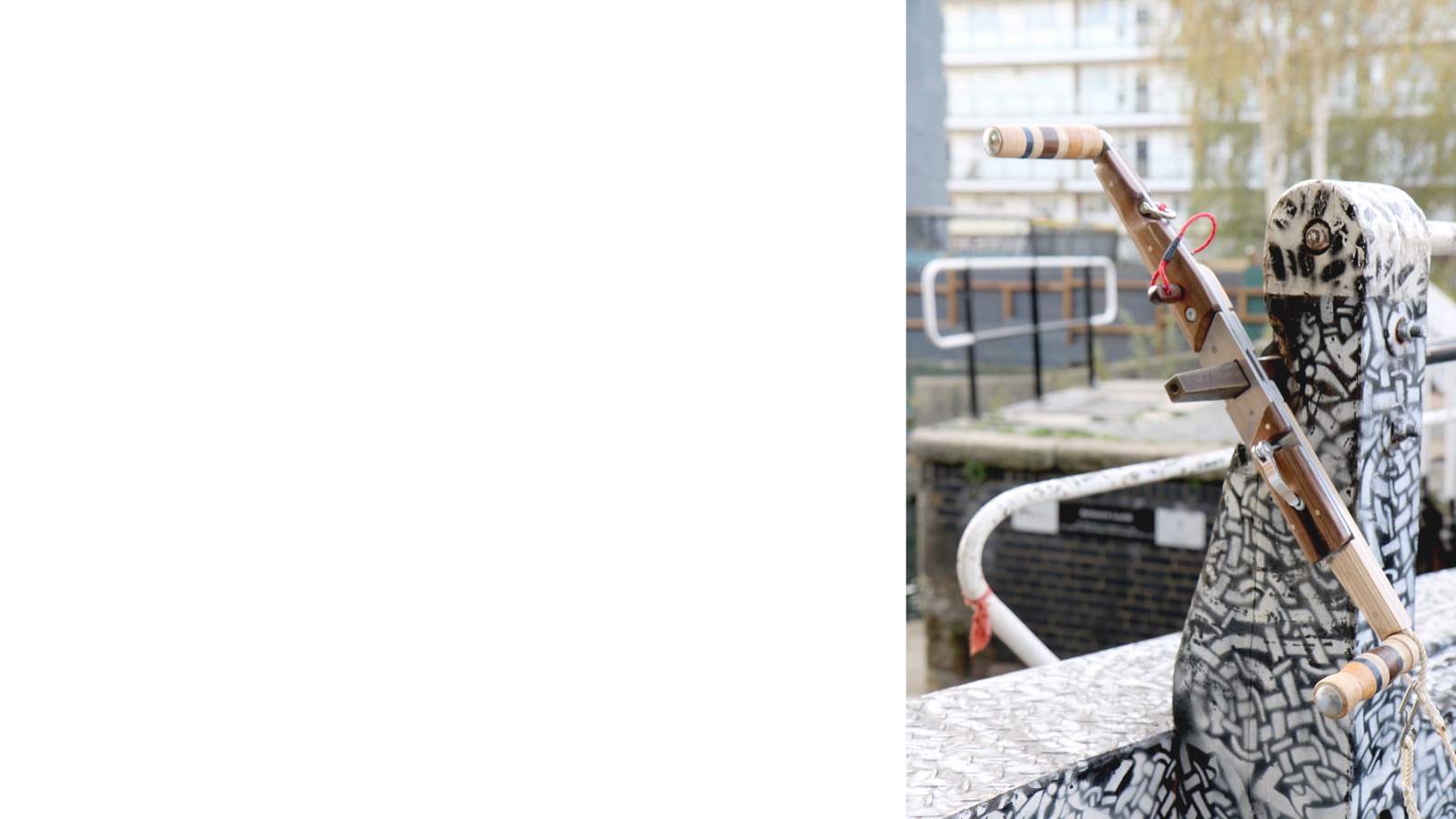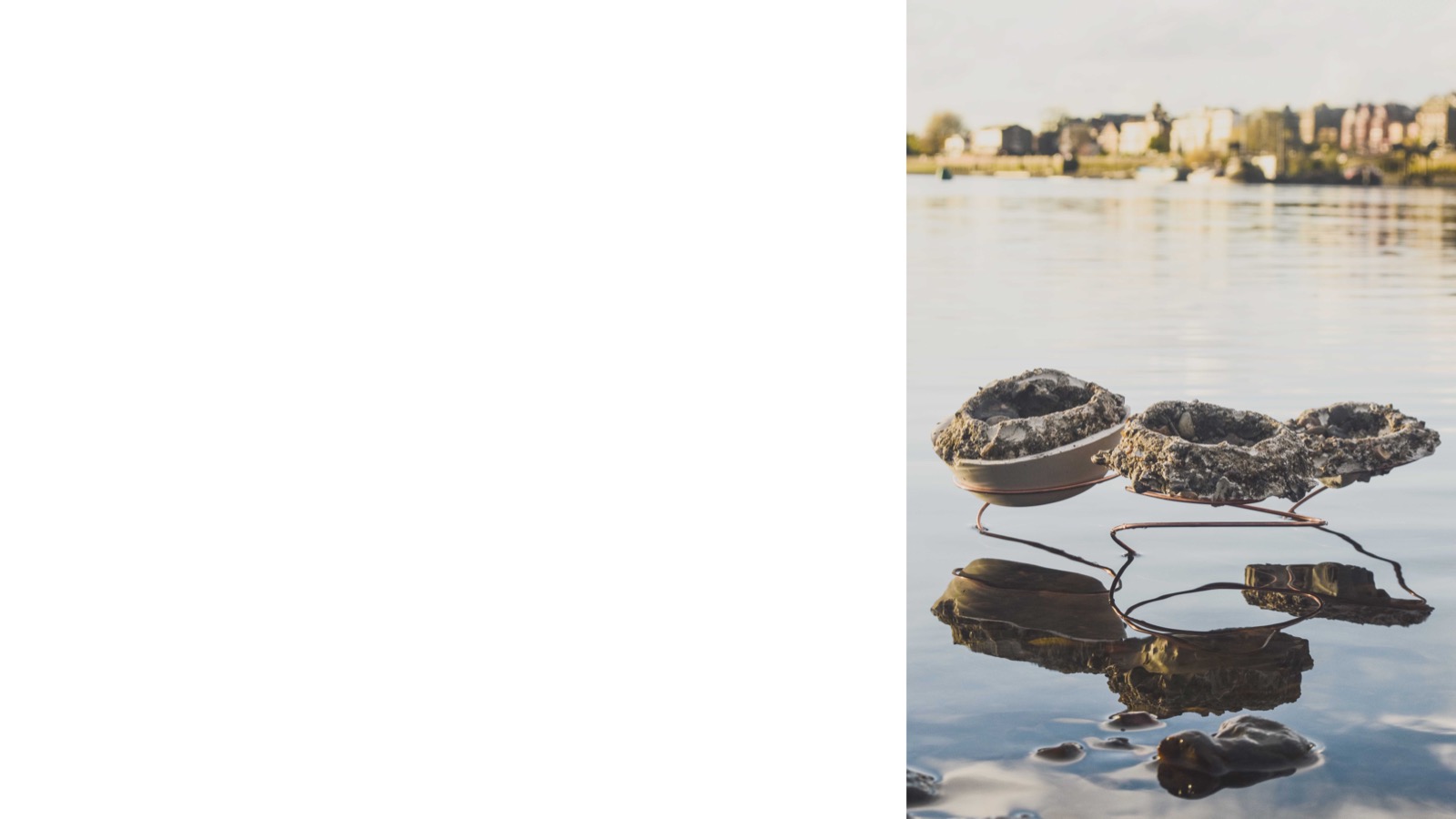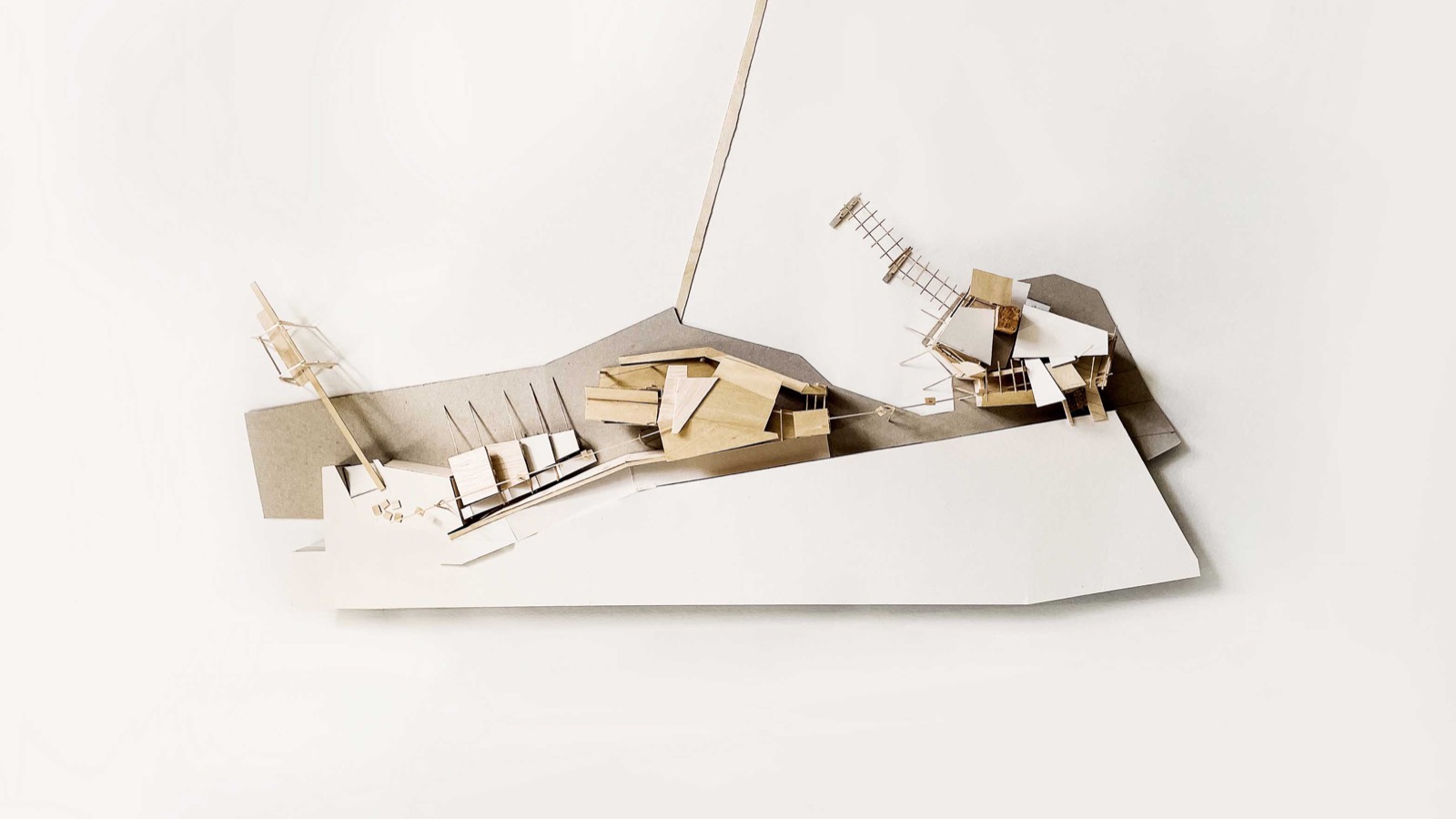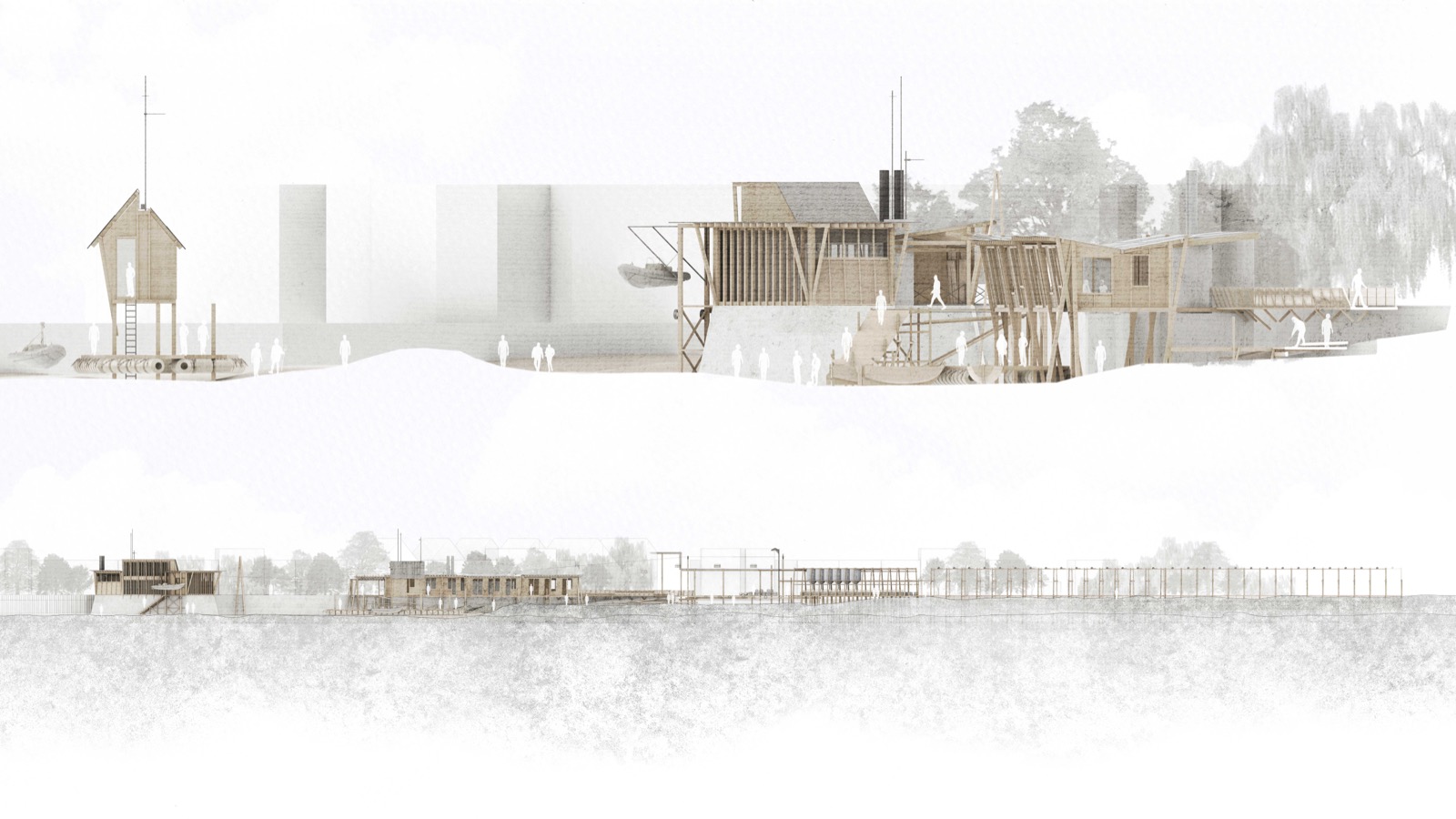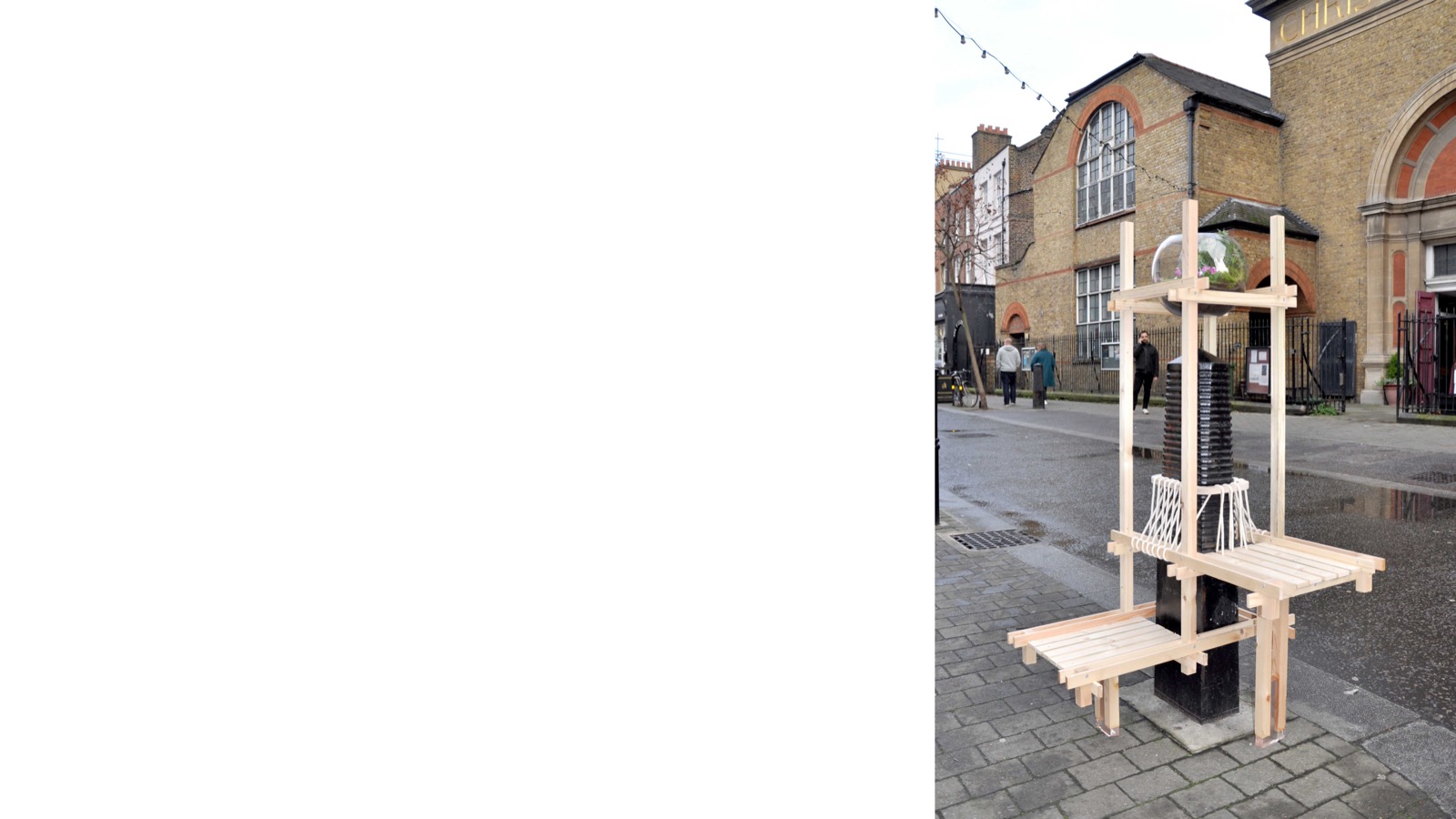Design Studio 16 ARCHIVE
Tutors: Anthony Boulanger, Stuart Piercy and Callum Perry
Anthony Boulanger has an MArch from the Bartlett UCL and is co-founding partner of AY Architects, recognised for innovative design and research, winner of the Stephen Lawrence Prize in 2013.
Stuart Piercy is a Fellow of the Royal Society of Arts and founder of the acclaimed award-winning practice Piercy&Co.
Callum Perry graduated from the studio in 2014 and has since been working at Grymsdyke Farm and at Piercy&Co. Together they offer students a platform for experimentation of architectural concepts instigated by a culture of making.
“Uncertainty is the only certainty there is, and knowing
how to live with insecurity is the only security.”
John Allen Paulos
DS16 has enjoyed several years exploring architectural concepts and designs interrogated by processes of physical MAKING. The challenge this year is how we can explore techniques and materials to keep on making in the absence of our normal modes of collaboration. We will try our best to conceive, test and physically make artefacts, components and models within the means available while putting more emphasis on MATERIALS and the role of the DRAWING. We will also look to other media; film, photography & sound as tools for creating and representing your ideas.
We invite motivated and hard-working students to participate in this changing discourse while they pursue their own research and develop their own design aspirations. It is essential, above all, to be inquisitive and experimental; to continually test ideas through an acute process of design. Employing and questioning different approaches and making use of analogue and digital techniques are to help create innovative responses that are critically aware of social, cultural, political, economic and environmental contexts.
Versatile City
Our theme of the year is “Versatility” and the focus of our investigations will be London and its environs. Concepts of versatility can be explored in a number of ways; spatially, materially, programmatically, socially, environmentally etc., and they will be responsive to our on-site and off- site research of London at different scales and before, during and after the current public health crisis. The theme questions the constant and the inconstant and welcomes inventive speculation to imagine a more reactive and holistically sustainable and civil city.
Term 1
Walking (2 weeks)
We will begin Term 1 by individually and collectively studying and recording change and versatility, or lack thereof, for places in London; public spaces, streets, markets, buildings, parks, airports!
Drawing (mid-October)
We will visit Drawing Matter at Shatwell Farm in Somerset (subject to government and university restrictions) to experience the complex of buildings and the drawing collection with particular focus on drawings that deal with themes of versatility – such as the Cedric Price collection.
Making + Installing (4 weeks)
From here you will focus on a small intervention informed by our research and walks. Individuals will create a 1-to-1 physical installation on site responding to the theme of versatility and your past, present and future readings of the site. You will be strongly encouraged, as will be the case for the entire year, to use the FABLAB and make as much as possible from home or elsewhere. You can team up with one other student for the design (remotely), fabrication (as individuals) and installation on site. Your intervention will be an object or piece of furniture or other small scale intervention with some form of public interaction (or not) and the resourcing of your materials whether salvaged, collected or made from re-used/recycled items will be of significant importance.
Terms 1+2+3
Individual Main Project
You will commence to define your individual main project towards the end of Term 1, feeding off and elaborating on themes associated with the versatile; responsive, adaptative, inconstant/constant, transient, mobile, contested, obsolescent etc. Your projects will be situated in or around London and your brief should instigate an ambitious spatial proposition with a urban CIVIC engagement and an intelligent MATERIAL AWARENESS. You will carry out your own project research, develop your own brief and select your own site. The theme is intentionally open to encourage your own personal take to invent challenging and compelling architectural propositions with contrasting scales, approaches and means of representation.
Building Physics + Re-Use
Your main projects should be stimulated to responding to the climate crisis in two ways: by involving PASSIVE DESIGN principles (not to be confused with passiv haus!) and by examining the recent impact on supply chains and endorsing the principles of RE-USE of materials. This is a holistic strategy where concepts and designs are, on the one hand, conscious of context/orientation, daylight and air – thus avoiding any reliance on renewable energy systems – and on the other hand proactive in the management of resources and the whole life cycle of buildings.










